Reviewed by Julianne Ngirngir
Ever find yourself paying premium prices for a massive channel package just to watch your team play on Sunday? You're definitely not alone in that frustration. Fubo has been hearing those complaints loud and clear, and they've finally done something about it with Fubo Sports—a streamlined $55.99 monthly bundle built specifically for football fans who want to cut through the clutter.
This isn't just another slight tweak to existing packages. Launching September 2 with over 20 sports and broadcast networks, Fubo Sports represents a genuine shift toward what streaming should have been all along: paying for what you actually want to watch. The timing makes perfect sense too—with Fubo's Q4 revenue hitting $434 million (up 8% year-over-year), the company is doubling down on their decade-long reputation as the go-to platform for sports streaming without the entertainment baggage.
What makes Fubo Sports different from regular Fubo?
Here's the bottom line: Fubo Sports eliminates the channel bloat that's been driving up streaming costs for years while keeping everything football fans actually need. While Fubo's regular Pro plan costs $84.99 monthly and includes 200+ channels, this focused bundle strips away lifestyle networks, cooking channels, and reality TV marathons you'll never tune into.
The core lineup includes local ABC, CBS, and FOX stations plus additional affiliates in select markets, which means you're getting access to the majority of NFL games without the financial penalty of subsidizing unrelated content. What's particularly smart is how they've integrated ESPN's ecosystem.
ESPN's new direct-to-consumer Unlimited plan, which includes ESPN+, comes bundled with your Fubo Sports subscription. That's substantial value considering ESPN+ typically runs $10.99 monthly on its own, giving you access to exclusive college football content, documentaries, and additional live games. You'll also get some 4K content, which is becoming increasingly important as more games broadcast in ultra-high definition.
The pricing structure is refreshingly straightforward: new subscribers pay $45.99 for the first month thanks to a $10 promotional discount, then $55.99 going forward. Compare that to regular Fubo plans where you might end up paying close to $100 monthly when factoring in regional sports fees of up to $15.99—a $40+ monthly difference that adds up to real savings.
How does this compare to other streaming options?
Let's break down the competitive landscape, because the streaming wars have gotten intense with very different approaches to sports coverage. YouTube TV costs $82.99 and is often considered the most well-rounded option, but you're still paying for a comprehensive channel lineup that includes plenty of content you might never watch.
Hulu + Live TV runs $83 or more monthly and includes Disney+ and ESPN+ programming, making it a solid value if you want the entertainment extras bundled in. For budget-conscious viewers, Sling TV's base plans start at $46, but their sports coverage is notably limited—you'll miss significant games that way.
On the premium end, DirecTV Stream ranges from $0 to $170 monthly depending on your package, but their cheapest streaming plan with comprehensive sports coverage costs $107.99.
What makes Fubo Sports compelling for football fans specifically is its precision targeting. You're getting broadcast networks that carry NFL games, ESPN+ for college football and exclusives, plus 4K capabilities—without subsidizing cooking shows, premium movie channels, or dozens of entertainment networks. This laser-focused approach could signal a broader industry shift toward specialized streaming packages that actually match viewing habits.
What's the catch with this sports-focused approach?
Here's where we need to get real about the limitations, because this focused approach comes with trade-offs. Fubo Sports launches in select markets initially, so availability depends on your location—particularly important for local broadcast access, which can make or break your Sunday game-watching experience.
The streamlined channel selection means fewer options for other household members. Regular Fubo already lacks Turner networks like TBS, TNT, and CNN, plus AMC Networks and A+E Networks. Fubo Sports will have even fewer non-sports options, which could create household conflicts if you're not the sole decision-maker.
There's also significant corporate transition happening behind the scenes. Fubo sold 70% of its majority stake to Disney and is merging with Hulu + Live TV. While Fubo intends to keep both services distinct, major corporate changes often lead to service modifications down the road. The positive indicator? Fubo generated positive free cash flow of $16.3 million in Q4, suggesting financial stability during this transition period.
Is this the future of sports streaming?
The broader implications extend well beyond just one service's pricing strategy and could reshape how we think about streaming bundles entirely. Fubo CEO John Janedis noted that the pricing difference will be significant on a percentage basis relative to content costs, suggesting this model represents sustainable economics rather than just promotional pricing.
With Fubo's average revenue per user at $87.90, up 1.4% year-over-year, there's clear market demand for sports-focused content that supports this targeted approach. The company isn't experimenting blindly—they're responding to actual consumer behavior data.
This launch also comes after Fubo successfully fought against the Disney, Fox, and Warner Bros Discovery joint venture that would have controlled 60-80% of live broadcast sports content. That legal victory helped preserve competition in sports streaming, making the competitive pricing of innovations like Fubo Sports economically viable. It demonstrates that focused competition can drive consumer-friendly pricing when monopolistic bundling is prevented.
The key question moving forward is whether other services will follow with similarly specialized packages. As streaming costs continue climbing and consumers become more selective about subscriptions, targeted bundles could become the norm rather than the exception. Imagine choosing separate, reasonably priced bundles for sports, news, entertainment, or kids' content instead of subsidizing everything at once.
For football fans tired of paying for channels they never watch, Fubo Sports might just be the streamlined solution they've been waiting for. Whether it signals a broader shift toward specialized streaming or remains a niche offering will depend largely on consumer response—and whether competitors decide to follow suit with their own precision-targeted packages.
PRO TIP: If you're primarily interested in football and don't mind sacrificing channel variety for cost savings, Fubo Sports represents exactly the kind of focused streaming package the industry needs more of.





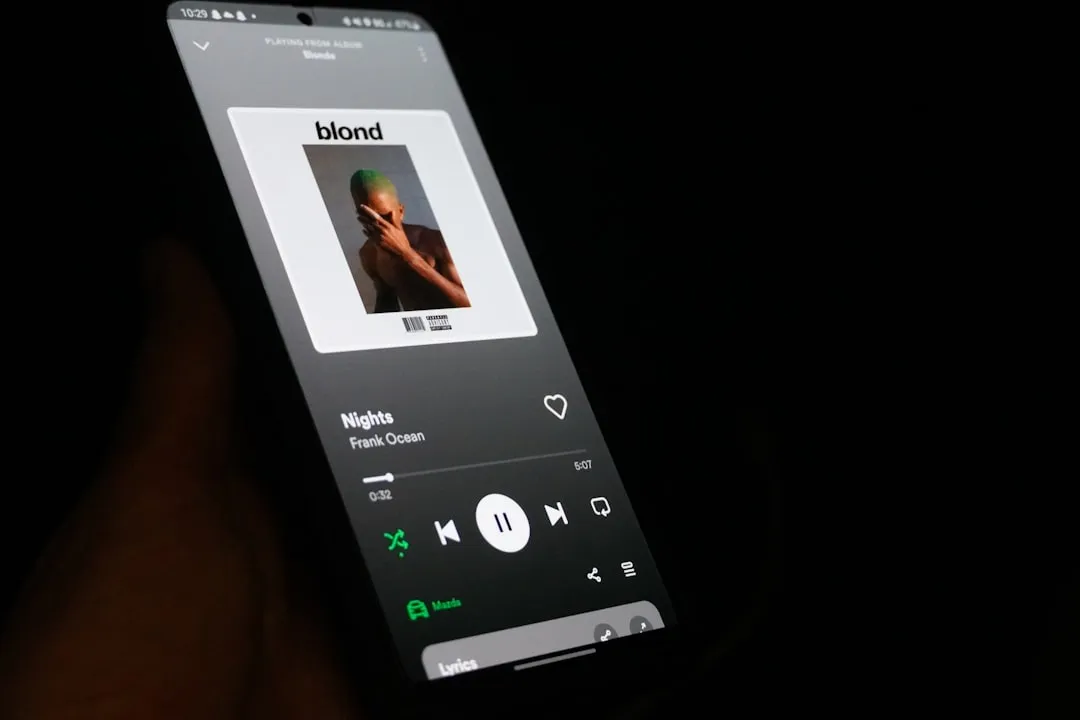
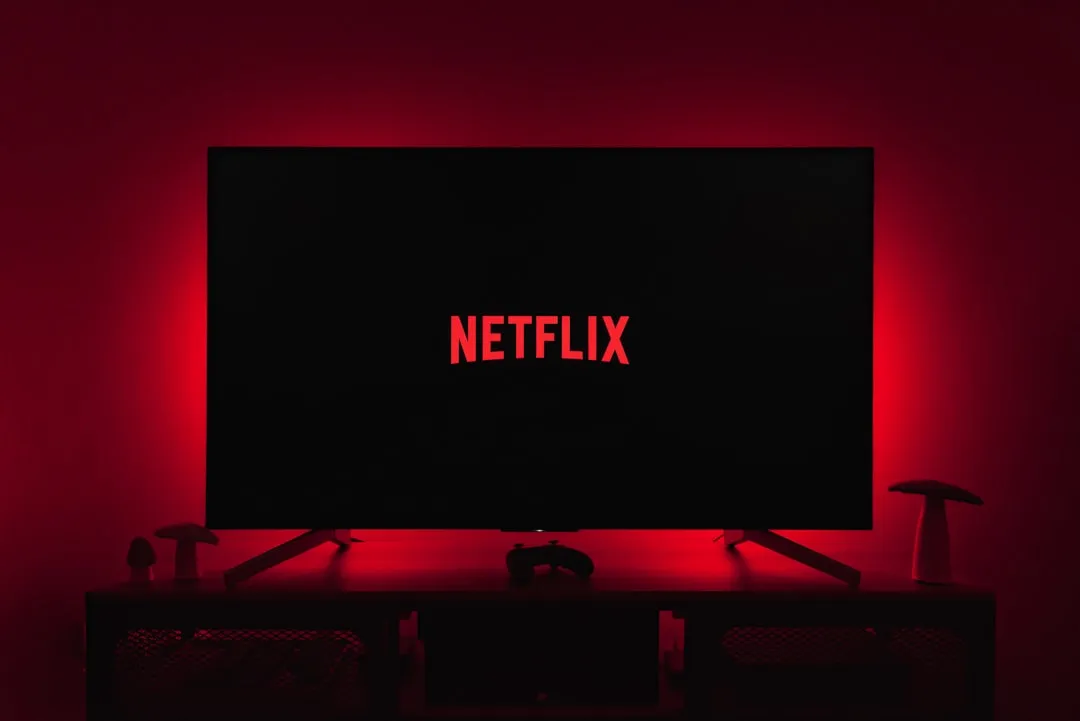
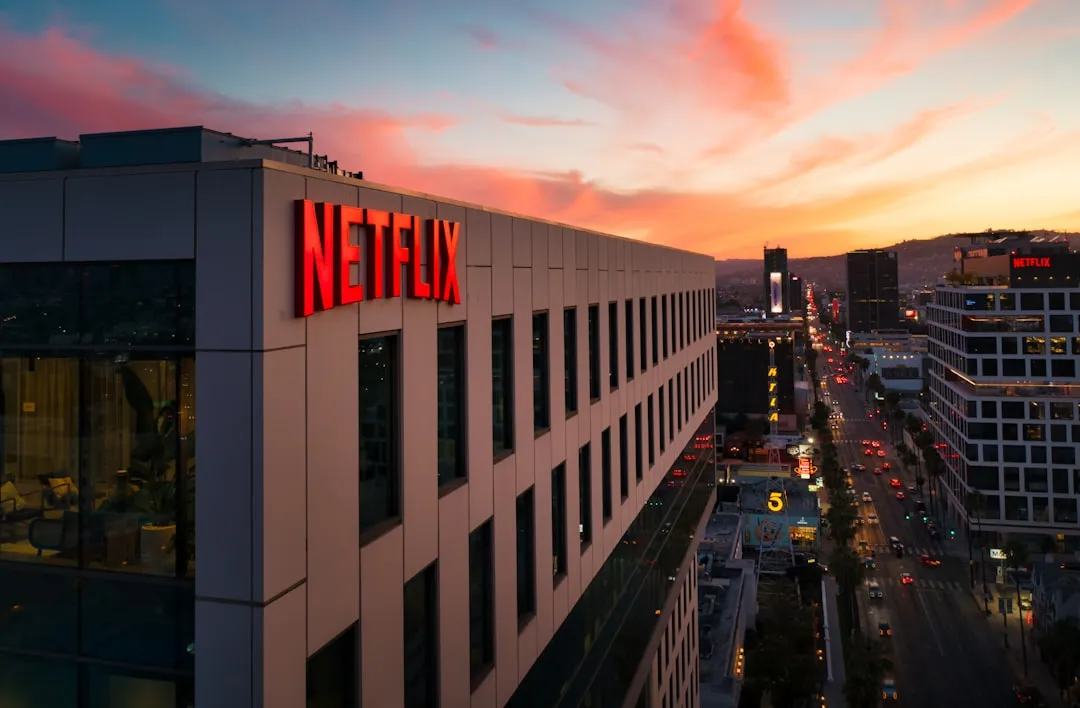

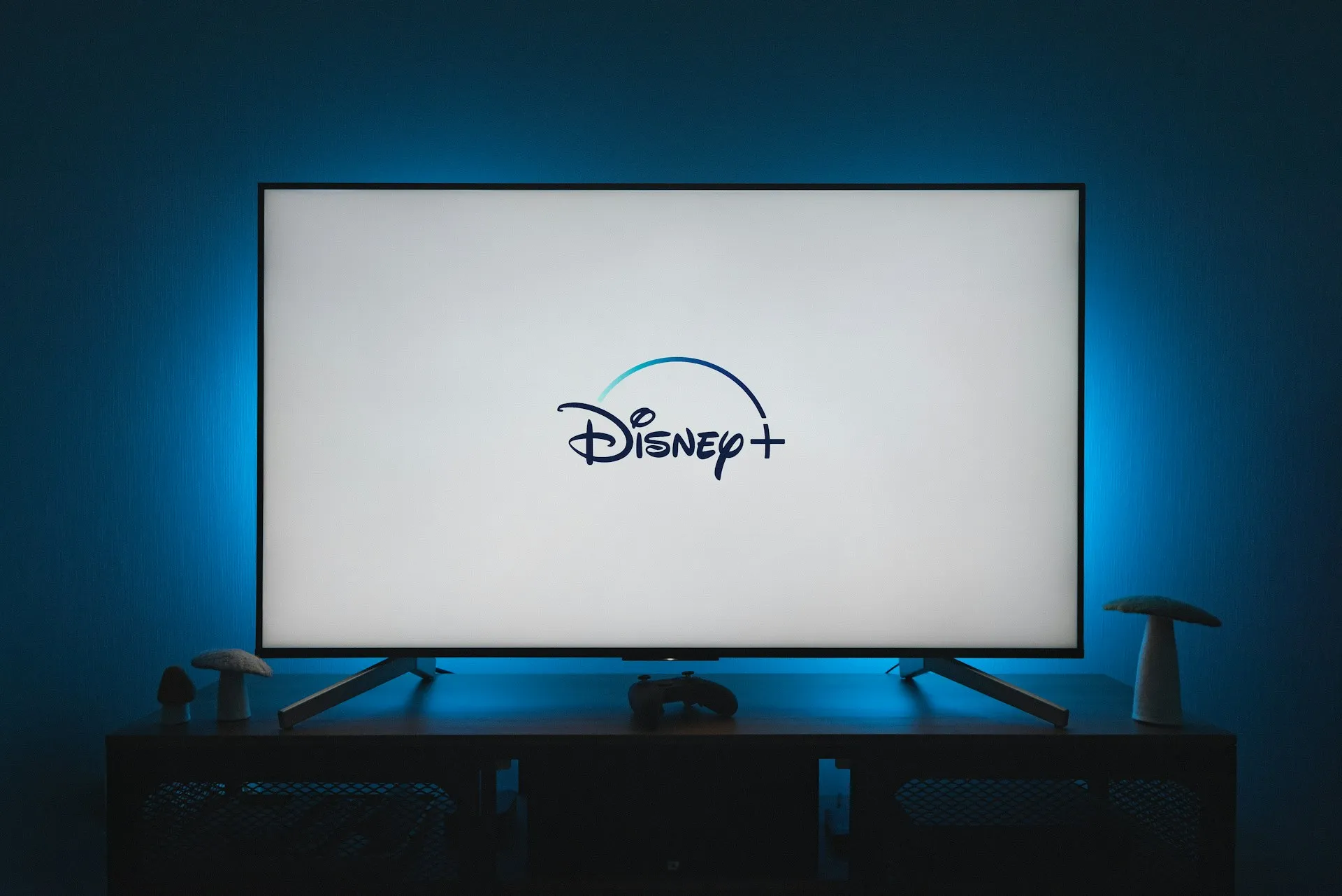


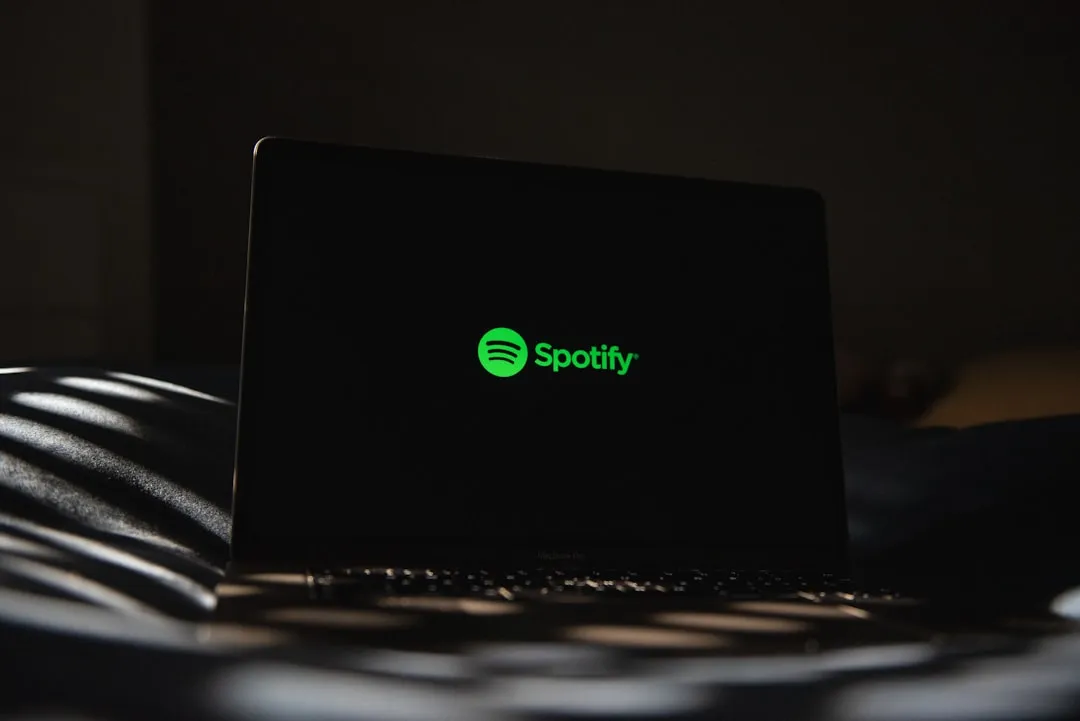



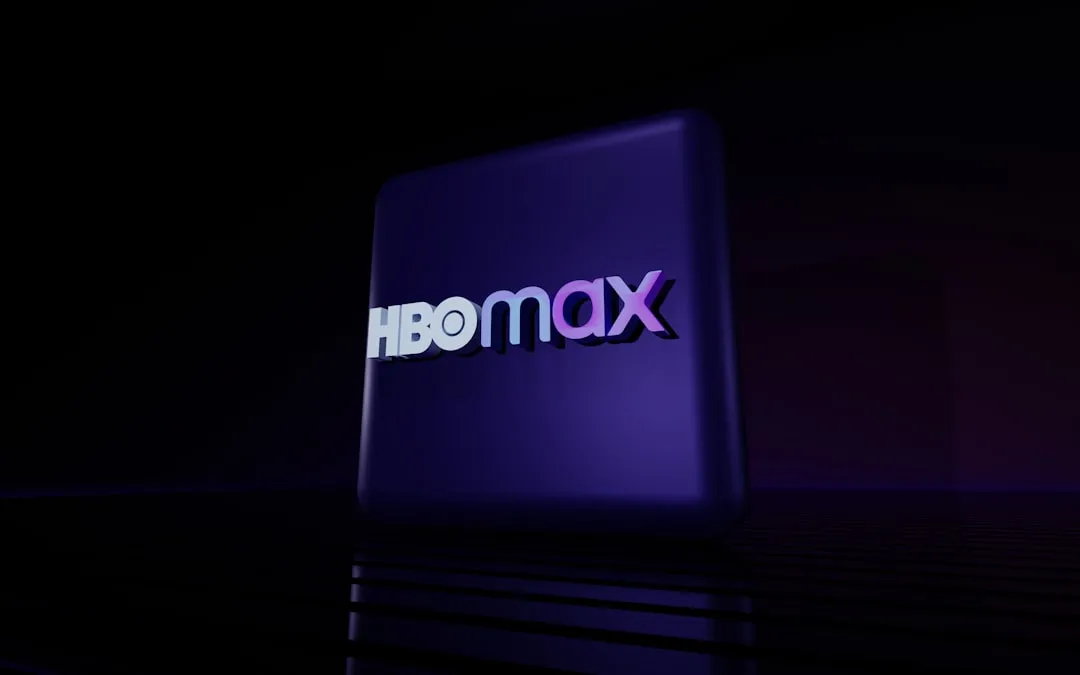




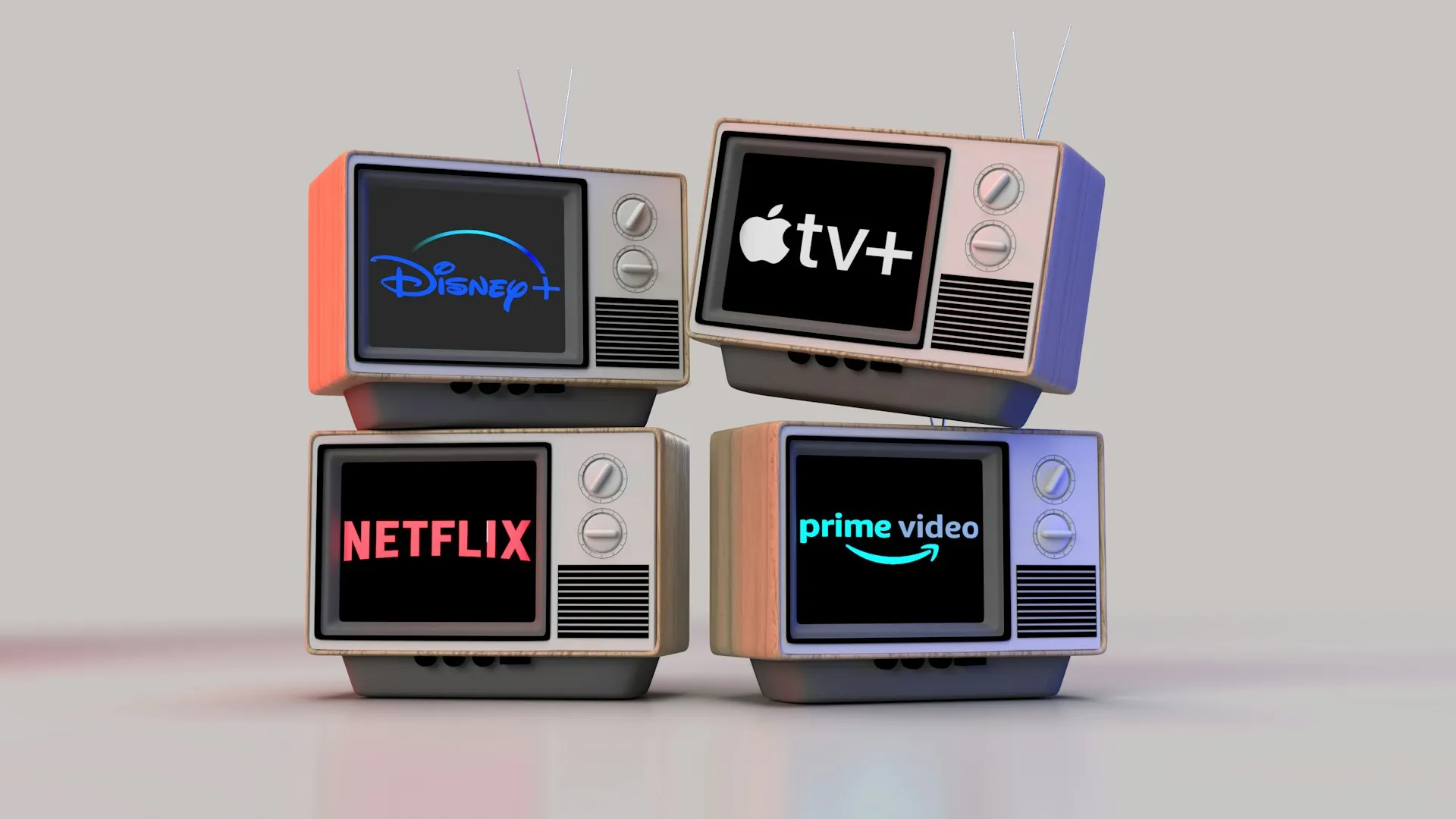
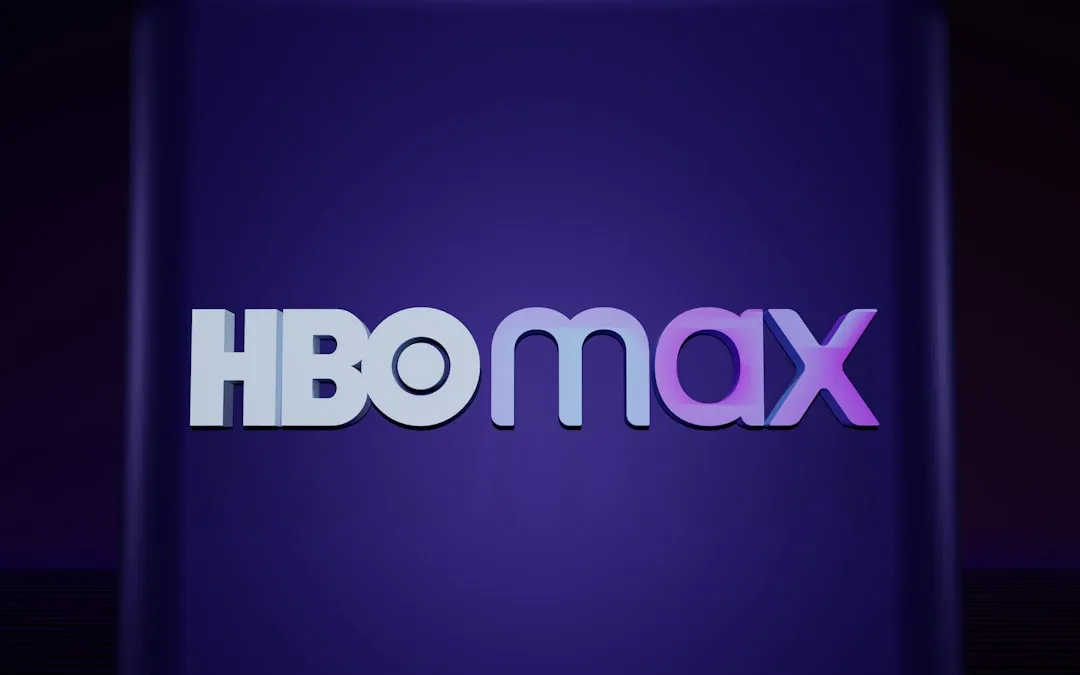


Comments
Be the first, drop a comment!